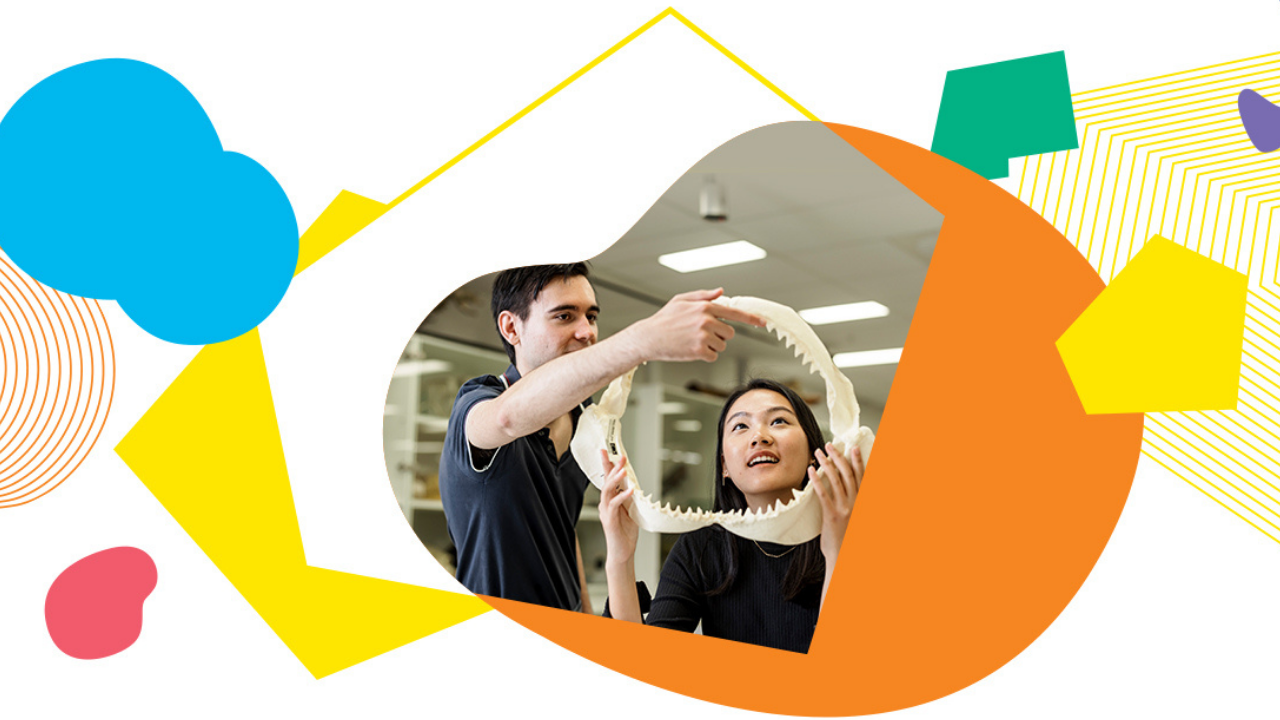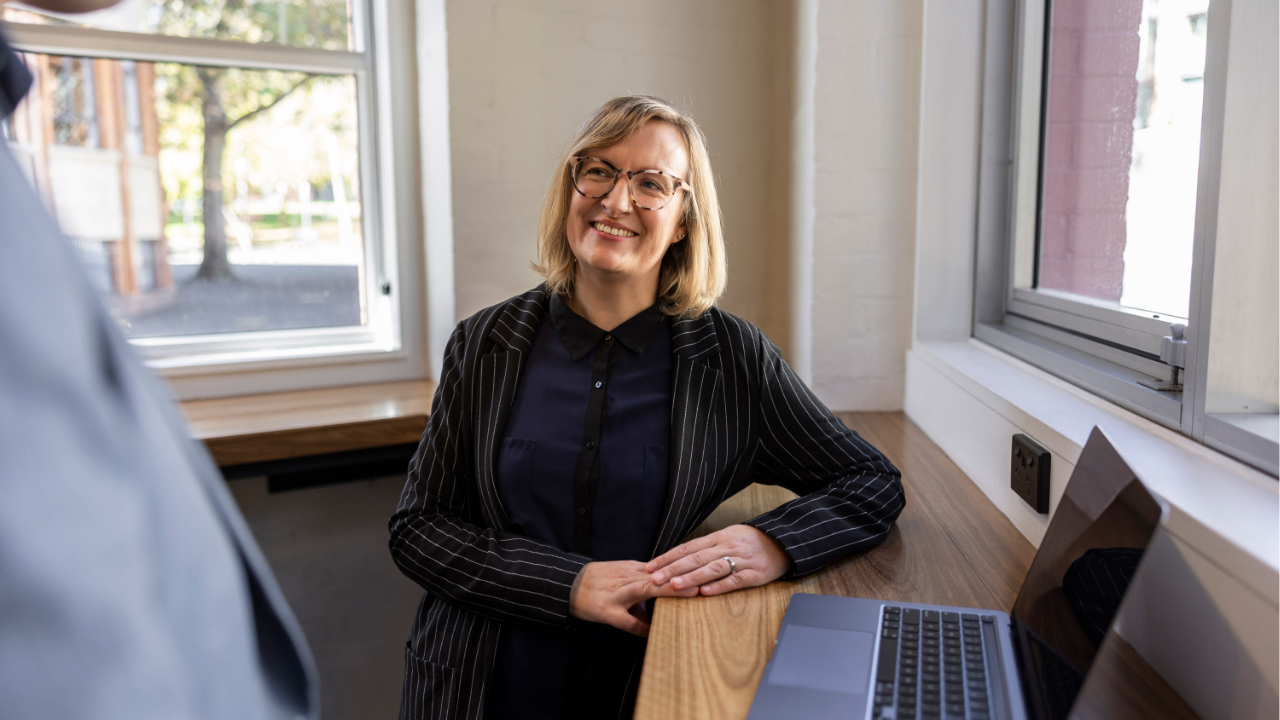The COVID-19 vaccine rollout – is equity achievable?
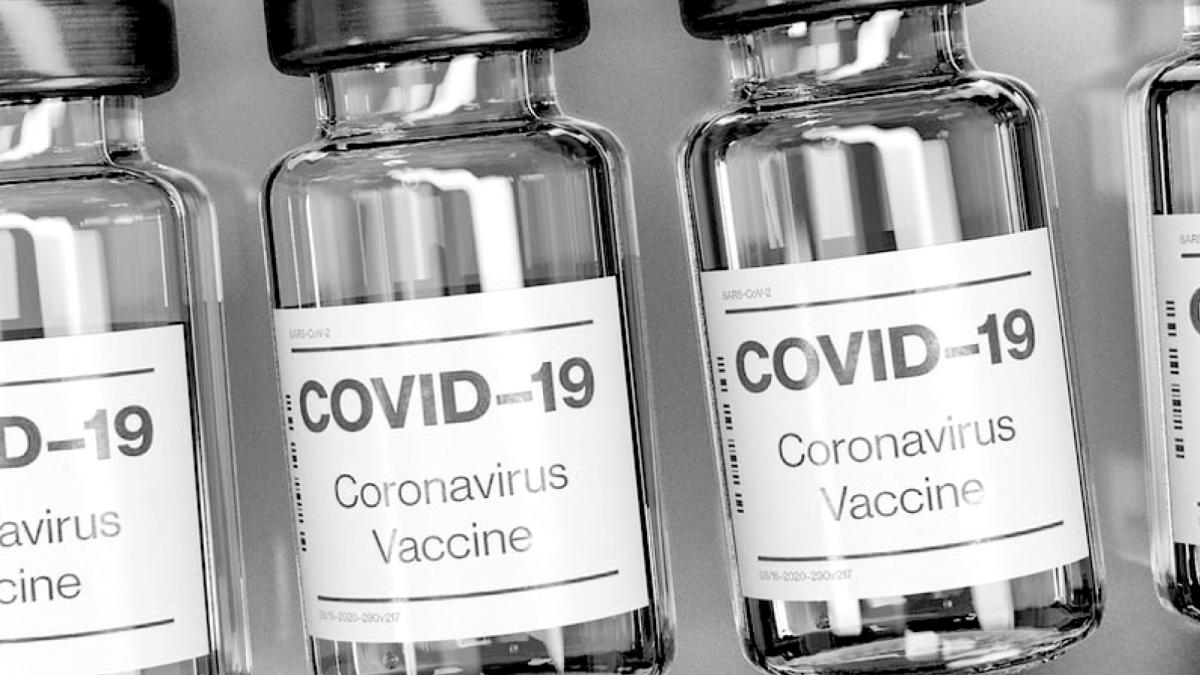
DIGITAL EVENT
What does vaccine equity look like?
How do we stop COVID-19 becoming a disease of poverty?
How can everyone be free when freedom is dictated by equitable access to vaccines?
COVID-19 vaccines are fast becoming the only path back to normal in many countries. Yet, vaccine access isn’t a level playing field with low- and middle-incomes countries being left behind.
According to the World Health Organization, to stop the pandemic at least 40% of people in every country need to be vaccinated by end of 2021 and at least 70% by the first half of 2022. While over 4 billion doses of COVID-19 vaccines have been administered globally, low-income countries account for just 1% of the total doses.
Join a panel of leading experts as they share insights from the vaccine rollout in Africa, India, Indonesia and Papua New Guinea and discuss the implications of a global failure to achieve vaccine equity.
SPEAKERS:
Dr Catherine Kyobutungi
Executive Director, African Population and Health Research Centre, Kenya
Professor Hasbullah Thabrany
Chief of Party, USAID-MOH Health Financing Activity, Indonesia
Professor William Pomat
Director, Papua New Guinea Institute of Medical Research
Professor Vivekanand Jha
Executive Director, The George Institute India
This event is part of In Perspective, a conversation series hosted by UNSW School of Population Health with leading health experts to tackle the tough health issues from around the globe.
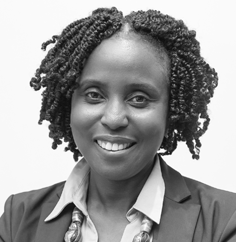
Dr Catherine Kyobutungi
Executive Director, African Population and Health Research Centre, Kenya
Dr Kyobutungi is the Executive Director of the African Population and Health Research Center, a leading Africa-based, African-led, international research institution. She was formerly the Director of Research and has served APHRC in several leadership roles over the past decade, having joined as a Post-Doctoral Fellow in 2006. Catherine is an epidemiologist and alumnus of the University of Heidelberg where she completed her doctoral studies. She is the Co-Editor in Chief of the PLOS Global Public Health journal. Her research interests include migrant health, community participation in health, and the epidemiology of non-communicable diseases. Catherine is driven by the belief that Africa has the potential to solve its own problems and she tries to make her own contribution, however small.
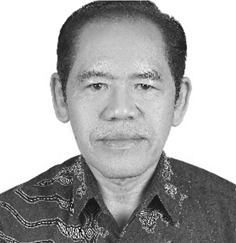
Professor Hasbullah Thabrany
Chief of Party, USAID-MOH Health Financing Activity, Indonesia
Professor Thabrany is Chief of Party, USAID-Ministry of Health (MOH), Health Financing Activity and Chairman of the Indonesian Health Economist Association (InaHEA). He was a professor and former Dean of the School of Public Health, Universitas Indonesia. He had a Medical Degree from Universitas Indonesia, a Master of Public Health and Doctor of Public Health from the University of California at Berkeley, USA. He worked with Rand Corporation, a leading research corporation in the USA while studying in America. He was the Director of Finance and Administration of the Graduate School at Universitas Indonesia and Secretary General of the Indonesian Medical Association). He established PAMJAKI (Association of Health Insurance Professionals of Indonesia) in 1998 and was the chairman until October 2010. He was the key person in developing the National Health Insurance (JKN) in Indonesia. He was the President of SEAPHEIN (Southeast Asia Public Health Education Institutes Network) and was the Director of the Center for Health Economics and Policy Studies, Universitas Indonesia.
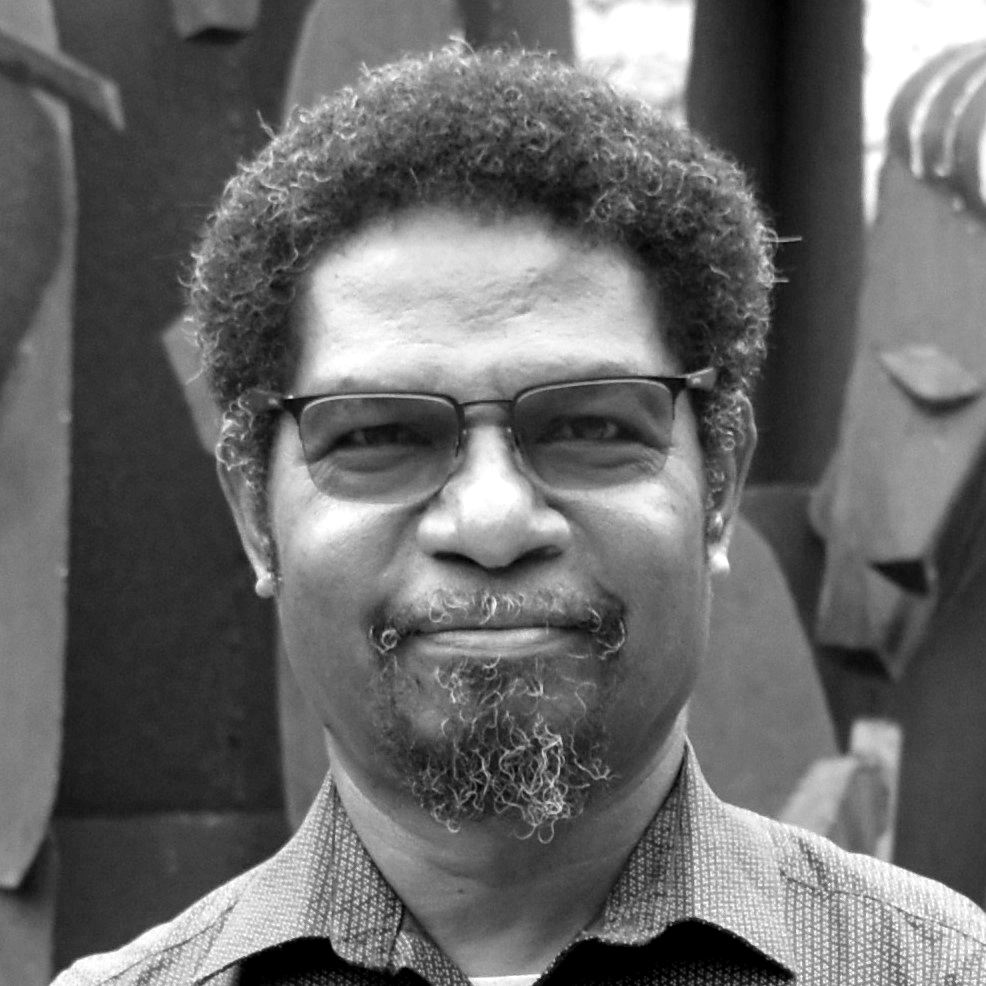
Professor William Pomat
Director, Papua New Guinea Institute of Medical Research
Professor Pomat is Director of the Papua New Guinea Institute of Medical Research, the country’s leading academic research institute. He is a public health researcher with training in immunology and is leading the current diagnosis responses of COVID19 for Papua New Guinea. His major research interests are in understanding protective immunity to infectious diseases among children. He completed his PhD in vaccine and mucosal immunology at the University of Western Australia. He is an Honorary Research Fellow at Telethon Kids Institute and has honorary adjunct professorial appointments at UNSW Sydney and at James Cook University in Townsville. His track record reflects an ability to successfully obtain research funding, collaborate with international partners, conduct high quality research under very challenging conditions and inform and direct policy, particularly in the area of immunization and microbiology.
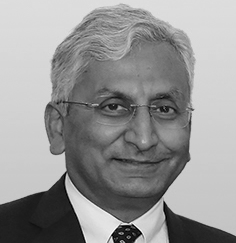
Professor Vivekanand Jha
Executive Director, The George Institute India
Professor Jha is Executive Director of The George Institute India and Chair of Global Kidney Health in the Faculty of Medicine, Imperial College, London, UK. He is also a conjoint Professor of Medicine at UNSW Sydney, and the Immediate Past President of the International Society of Nephrology. His research experience and interests include understanding the health and societal impact of non-communicable diseases globally, especially kidney disease, through epidemiology, clinical trials, implementation science and late-stage translational research; development of affordable, scalable and sustainable primary and secondary prevention tools; and health policy research that engages with state and federal health officials in India.
